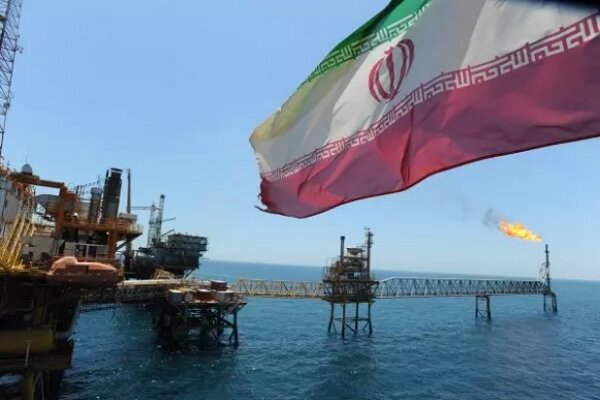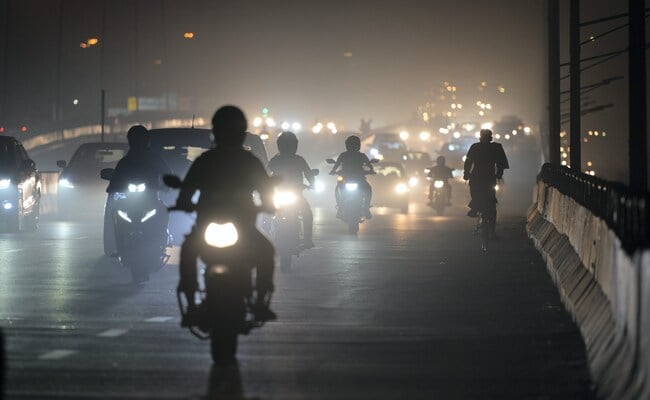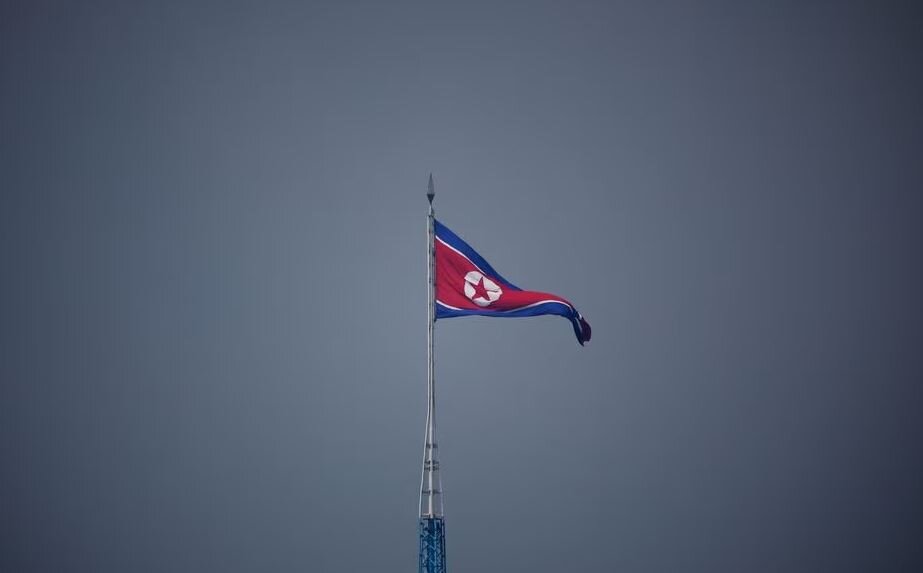
The company currently sells one electric model — Jaguar I-Pace — in the country.
New Delhi:
Tata Motors-owned Jaguar Land Rover (JLR) aims to launch eight battery electric vehicles (BEVs) in India by 2030, according to a senior company executive.
The company currently sells one electric model — Jaguar I-Pace — in the country.
In an interaction with PTI, JLR Chief Commercial Officer Lennard Hoornik said the automaker will commence taking orders for the Range Rover BEV for the Indian market next year with deliveries expected to begin in 2025.
“We are planning to introduce at least 8 BEVs by the end of the decade in India,” he noted.
The British automaker, a wholly-owned subsidiary of Tata Motors since 2008, aims to become a net-zero carbon business globally by 2039.
Terming the Indian market a “big strategic priority” for the automaker, Hoornik noted that the country is in the right direction when it comes to transitioning into electric mobility.
He said subsidy push in the initial phase, setting up the right amount of charging infrastructure and having a great product (EV) were some of the essentials which would encourage the adoption of electric cars in the country.
Hoornik noted that governments around the world were trying to give electric cars a bit of a kickstart by offering subsidies.
“I think to kickstart that sort of transformation (to electric cars) I think it (subsidy) is very important,” he noted when asked if subsidies could also help in the growth of EV sales in India.
Hoornik said affordability is one critical factor in encouraging the adoption of electric cars.
“..Batteries are not cheap…So if there is anything that we can do to accelerate..once you get over a certain percentage (sales of EVs) it seems to just go right..beginning I think is quite important,” he stated.
Elaborating on the company’s overall roadmap in the country, Hoornik said the company aims to expand the Range Rover, Range Rover Sport, and Defender brands which were strong in the Indian market.
“We are now getting a number of new product releases within those families. There will be some special editions, but also we are slowly moving towards electrification,” he noted.
The automaker plans to have individual growth strategies for its four brands — Jaguar, Range Rover, Discovery and Defender, Hoornik said.
Each of those brands should have their own growth strategy, retail landscape and their own audience, he noted.
“In a country that is so big, with so much diversity, I think there’s a role for each of the brands to play,” Hoornik said.
He noted that in April-June period of this fiscal, the company’s sales in India grew over 100 per cent and the automaker expected to keep the momentum going in the rest of the fiscal.
“It is also important that we grow our order bank… it grew about 50-plus per cent within the same timeframe (first quarter)…it is very clear that it is looking bright (future) for us here,” Hoornik said.
He noted that JLR being a part of the Tata Group is a very positive factor due to the trust equation which the general population has with the diversified conglomerate.
Hoornik noted that JLR has a very positive outlook on the growth of the overall luxury car market in India.
High GDP growth rate, young population and rapid development of road infrastructure were some of the factors which bode well for the growth of the industry going ahead, he noted.
“The positivity in the energy of India will carry it through,” Hoornik said.
Earlier this year, Tata Group announced an investment of 4 billion pounds to set up a flagship factory to make batteries for Jaguar Land Rover as well as other manufacturers.
The group chose Bridgwater in Somerset in southwest England for the gigafactory over a rival location in Spain.
The gigafactory, at 40GWh, will be one of the largest in Europe and Tata’s first outside of India.
It will supply JLR’s future battery-electric models, including the Range Rover, Defender, Discovery and Jaguar brands, with the potential to also supply other car manufacturers.
Production at the new gigafactory is due to start in 2026. PTI MSS SHW ANU ANU
(Except for the headline, this story has not been edited by NDTV staff and is published from a syndicated feed.)
























